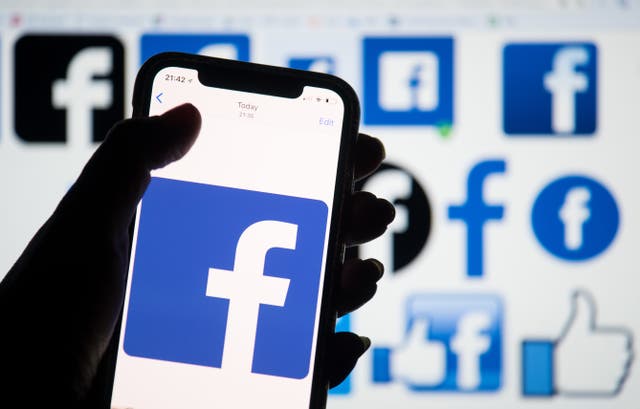Facebook chief admits ‘execution mistake’ over deepfake clip of US congresswoman
Mark Zuckerberg was discussing a manipulated video of Nancy Pelosi which went viral on the social network.

Facebook boss Mark Zuckerberg has admitted the social network took too long to notice an edited video of US congresswoman Nancy Pelosi that made her speech appear slurred.
The manipulated video of Ms Pelosi, speaker of the House of Representatives, went viral on Facebook, calling into question the tech giant’s approach to deepfakes after it decided not to take it down.
The chief executive said the company’s response to the clip was an “execution mistake” as its systems failed to detect the content before it spread.
“In our policies, if something is wrong and fact checkers say it’s false, we don’t want it to go viral or get a lot of distribution,” Mr Zuckerberg said at the Aspen Ideas Festival.

“One of the issues in the example of the Pelosi video, which was an execution mistake on our side, was it took a while for our systems to flag that and for fact checkers to rate it as false.
“Once the fact checkers saw it … they were able to rate it within an hour, but it took more than a day for our systems to flag it, and during that time it got more distribution than our policies should have allowed, so that was an execution mistake.”
Facebook is evaluating its policies on deepfakes, but the 35-year-old warned they may not necessarily fall under traditional misinformation.
“I do think that you want to approach this with caution by consulting with a lot of experts and not just acting hastily and unilaterally,” he continued.

The social network – which has around 30,000 people working on a content and safety review – had its stance on deepfakes put to the test earlier this month when a manipulated video of Mr Zuckerberg himself was posted on Instagram.
Deepfakes commonly use artificial intelligence software to combine and superimpose existing images and videos of a person to make it look they have said something they have not.
The Facebook chief also spoke at the conference about privacy and electoral interference, saying it is up to governments to legislate and put pressure on countries.
“As a private company, we don’t have the tools to make the Russian government stop,” Mr Zuckerberg said.
“We can defend as best as we can, but our government has the tools to apply pressure to Russia, not us.
“We’ve ramped up massively on the security side but there is very little we can do on our own to change the incentives for nation states to act, that is something that is a little above our pay grade.”





